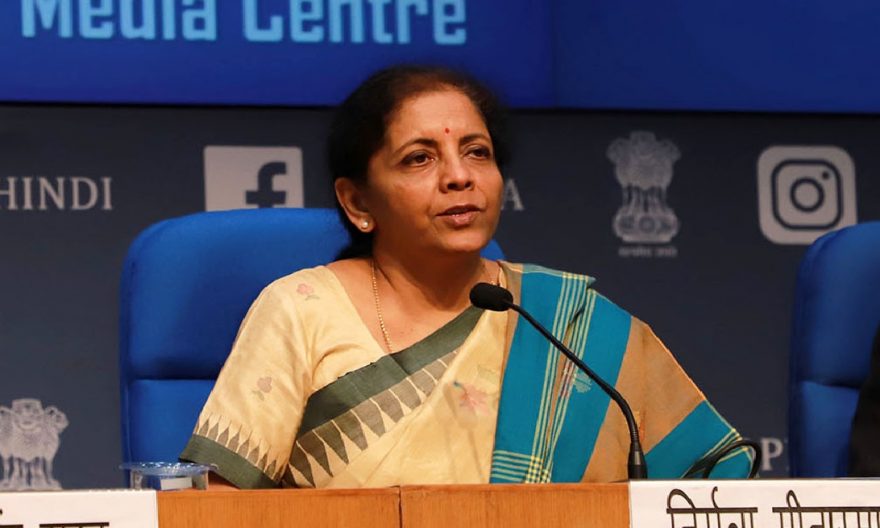
Ease of doing business ranking: The Narendra Modi government’s efforts to make India a business-friendly economy have started showing results, the ministry of corporate affairs said in a statement. India’s rank on the World Bank’s Doing Business report improved to 63, a jump of 14 positions from its position in 2018, the ministry said in its year-end review. India leapfrogged 56 places in The Resolving Insolvency Index in 2019 to the 52nd position, the review said, taking credit for the improvement on this front.
READ: Trade trouble for Modi govt: Exports, imports dip in November
The ministry listed the steps it has taken in the recent past to improve the ease of doing business in the country. Here are some of them.
- The government introduced a simplified proforma for incorporating a company electronically (SPICe) to extend eight services offered by three different ministries through a single application. These services are CIN, PAN, TIN, DIN, Name, EPFO, ESIC and GSTN.
- Decriminalised technical and procedural violations under the Companies Act. It shifted 16 offences sections to monetary penalty regime to reduce burden on criminal courts and NCLT.
- Brought about government process re-engineering through the introduction of ‘reserve unique name’ web service for name reservation for companies and LLPs. It revamped the process of allotment of director identification number (DIN), Zero MCA fee for company incorporation up to Rs 15 lakh authorised capital and condonation of delay scheme.
- Introduced a system for automatic approval for combinations under green channel.
- Exempted private companies, government firms, charitable companies, nidhis and IFSC companies from different provisions of the Companies Act.
- Modified provisions governing the issue of shares with differential voting rights to enable promoters to retain control over their companies while raising capital.
- Enforced enabling provisions under the Companies Act with regard to mediation and conciliation.
- Withdrew 14,000 prosecutions under the Companies Act.
- Rationalised related party transaction related provisions.
- The Modi government has introduced the Insolvency and Bankruptcy Code (Second Amendment) Bill in the Lok Sabha on December 12. The proposed amendment seeks to ringfence the companies that takeover distressed firms from the responsibility of wrongdoings by the previous owners. This will help the government resolve the NPA crisis faced by banks.
